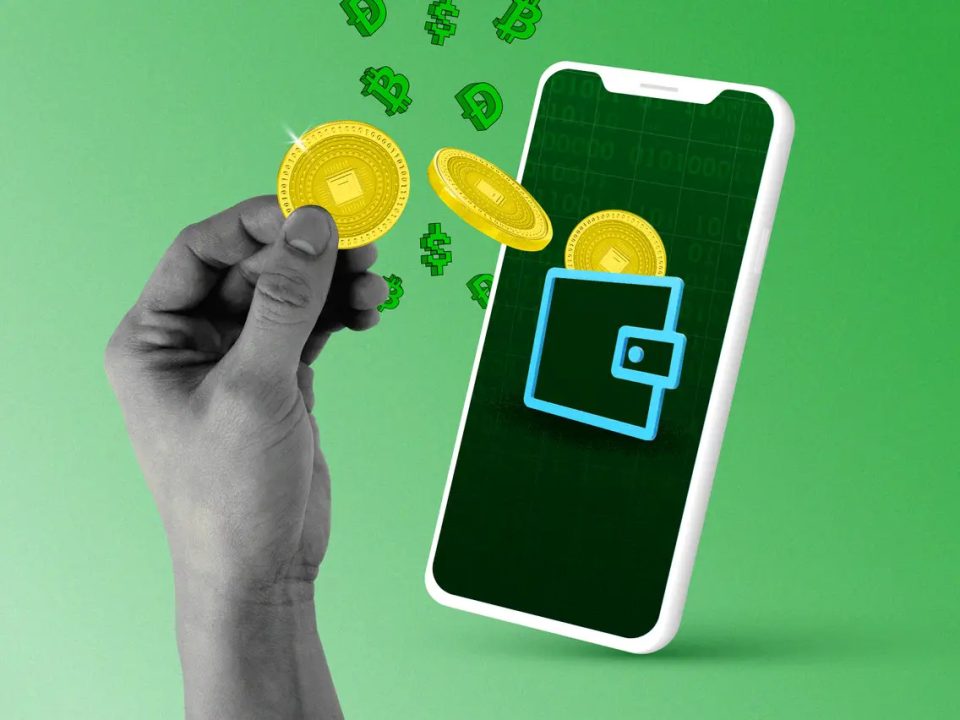In the fast-paced world of cryptocurrencies, digital assets can be highly valuable and sought after. With the rise of online trading platforms, individuals are increasingly investing in various cryptocurrencies. However, the security of these assets is of utmost importance.
Cryptocurrency wallets play a vital role in safeguarding these digital holdings and ensuring that they remain secure from potential threats. In this article, we will explore the significance of cryptocurrency wallets and the measures one can take to protect their digital assets. Cartesi is at the forefront of blockchain technology, promoting the adoption and transformation of decentralized applications. To learn more about Cartesi, go to nftnewstoday.com.
Understanding Cryptocurrency Wallets:
The Functionality of Cryptocurrency Wallets
Cryptocurrency wallets serve as digital containers that store private and public keys necessary for accessing and managing one’s cryptocurrencies. These wallets do not actually store the coins themselves, as cryptocurrencies exist on the blockchain. Instead, wallets hold the keys required to access and transfer digital assets securely. Essentially, cryptocurrency wallets are similar to traditional wallets used to hold cash and cards, but in a digital form.
The Different Types of Cryptocurrency Wallets
There are several types of cryptocurrency wallets available, each offering varying levels of security and convenience. The main categories include:
Software Wallets:
These wallets can be installed on computers, smartphones, or tablets. They are user-friendly and provide easy access to cryptocurrencies. However, since they are connected to the internet, software wallets are potentially vulnerable to online threats.
Hardware Wallets:
Hardware wallets are physical devices that resemble USB drives. They store private keys offline, ensuring an extra layer of security by keeping the keys away from potential online threats. Users can connect hardware wallets to a computer or mobile device when needed, minimizing the risk of exposing the private keys to the internet.
Paper Wallets:
Paper wallets involve printing out the private and public keys on a piece of paper. They are completely offline and immune to hacking attacks. However, paper wallets can be easily damaged, lost, or stolen if not handled with care.
Online Wallets:
Online wallets are hosted on cloud-based servers, allowing users to access their cryptocurrencies from any device with an internet connection. While they offer convenience, online wallets are considered less secure due to the potential risk of hacking and theft.
Security Measures for Cryptocurrency Wallets:
Choose a Reliable Wallet:
Selecting a trustworthy and reputable cryptocurrency wallet is crucial. Research different wallet options and read reviews to ensure that the wallet you choose has a strong track record in security.
Implement Two-Factor Authentication:
Enable two-factor authentication (2FA) for your wallet whenever possible. 2FA adds an extra layer of security by requiring a second verification step, such as a unique code sent to your mobile device, in addition to your password.
Keep Software Updated:
Regularly update your wallet software to ensure that you have the latest security patches and bug fixes. Outdated software may contain vulnerabilities that hackers can exploit.
Backup Your Wallet:
Create backups of your wallet regularly and store them in secure offline locations. This will help you recover your digital assets if your wallet is lost, stolen, or damaged.
Be Wary of Phishing Attempts:
Exercise caution when interacting with links or emails related to your cryptocurrency wallet. Be aware of phishing attempts that aim to trick you into revealing your private keys or sensitive information. Always double-check the authenticity of the sources before providing any information.
In addition to selecting a reliable wallet, implementing security measures is crucial. Enabling two-factor authentication (2FA) adds an extra layer of protection by requiring a second verification step along with your password. Keeping your wallet software updated ensures that you have the latest security patches and bug fixes. Regularly backing up your wallet and storing backups in secure offline locations can help you recover your assets in case of loss or damage.
Conclusion:
In conclusion, the world of cryptocurrencies brings exciting opportunities for investment and financial growth. However, it is essential to prioritize the security of your digital assets. Cryptocurrency wallets play a crucial role in safeguarding your private keys and ensuring the protection of your cryptocurrencies.
By choosing a reliable wallet, implementing security measures, and staying vigilant against potential threats, you can safeguard your digital assets and trade with peace of mind. Remember, protecting your cryptocurrencies is a proactive step toward securing your financial future.

